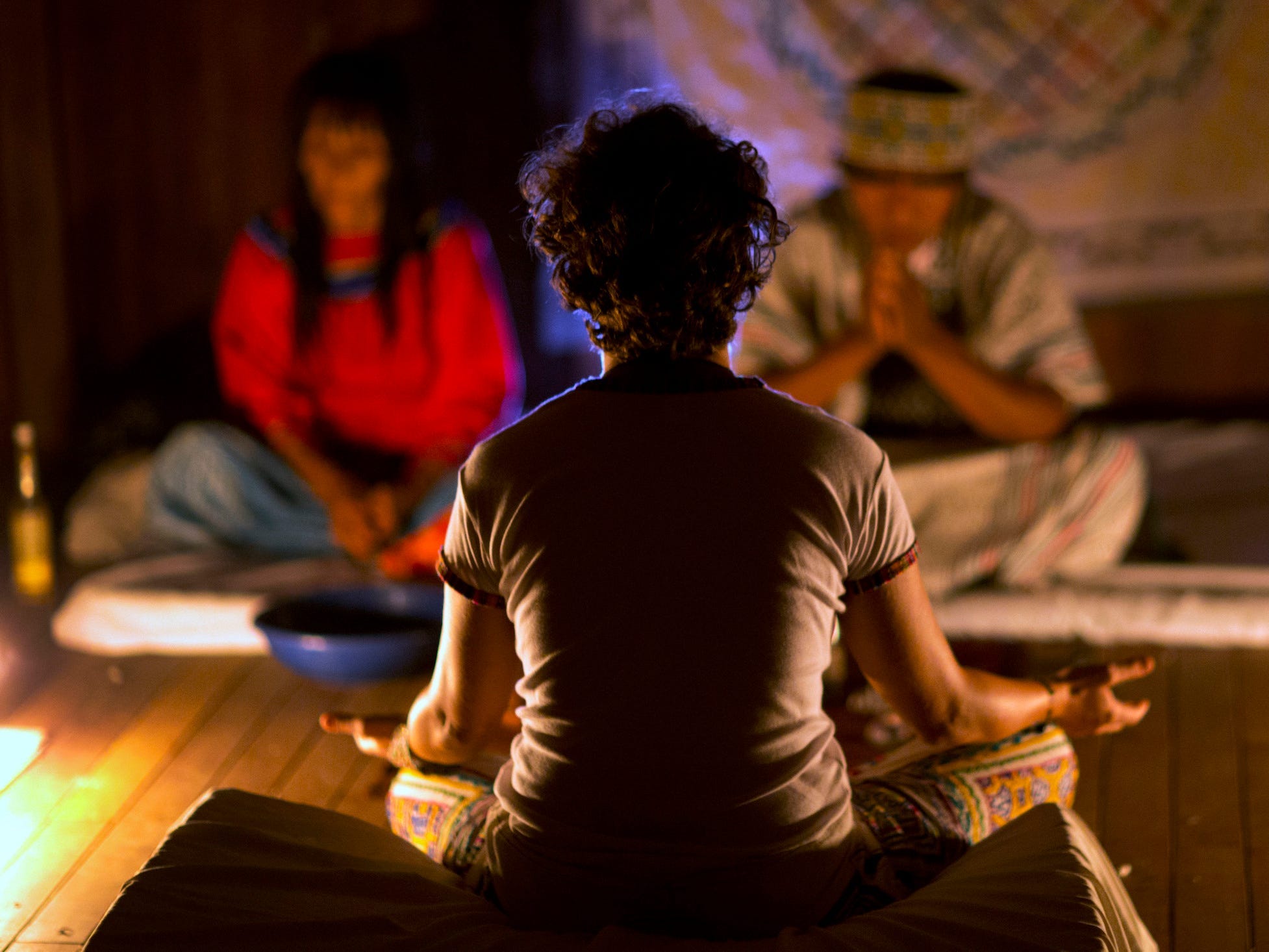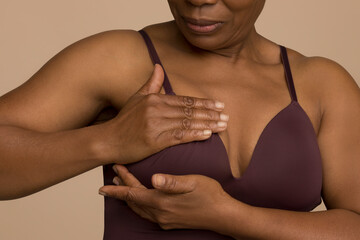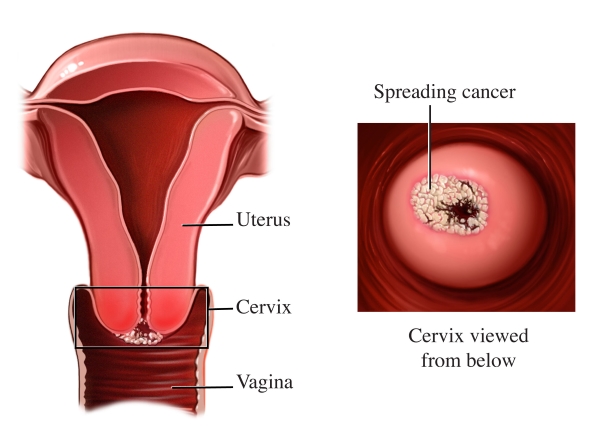

Breast cancer is a global health issue, but African women are more likely to die from it than their Western counterparts.
While studies show that Western and Caucasian women have higher rates of developing breast cancer, the survival rates in Africa are much lower due to a combination of factors. Understanding these reasons can help promote early detection and proper treatment.
Late detection
One of the major reasons for high mortality among African women with breast cancer is late detection. In many cases, women do not undergo routine screenings and only seek medical help when the cancer is in its advanced stages.
This makes treatment more difficult and reduces the chances of survival. Routine checkups and early detection are key to saving lives, as early-stage breast cancer is far more treatable.
Choosing spirituality over medical help
Another contributing factor is the tendency to seek spiritual guidance over medical intervention. Many African women turn to spiritual leaders for prayers and direction when diagnosed with cancer, delaying necessary medical treatment.
While spirituality can be a source of comfort and support, it is crucial not to neglect timely medical care, which plays a vital role in treating and managing breast cancer.

Seeking herbal treatment instead of conventional medicine
The belief in traditional herbal remedies is also prevalent. Some women prefer to use herbal treatments over conventional medicine, trusting that herbs can cure cancer.
While some herbs may have beneficial properties, breast cancer is complex and requires specific, research-backed medical interventions. Relying solely on unproven herbal treatments can lead to worsening of the condition.
To reduce the high mortality rates of breast cancer among African women, there must be greater awareness about the importance of regular screenings, timely medical treatment, and the limitations of spiritual and herbal remedies.
Combining spiritual beliefs with proper medical care, and seeking help early, can drastically improve survival rates and save lives.
Read Full Story
















Facebook
Twitter
Pinterest
Instagram
Google+
YouTube
LinkedIn
RSS